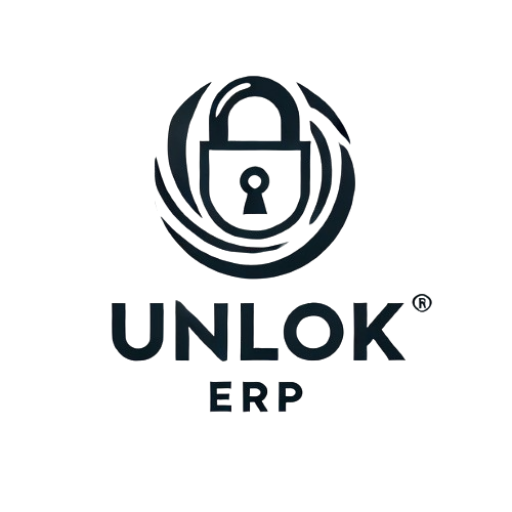In the ever-changing landscape of global business, one thing remains constant: the need to adapt and evolve. Today, digitization and ERP (Enterprise Resource Planning) systems are not just tools — they are foundations for building scalable, efficient, and competitive organizations. From startups to enterprises, businesses worldwide are realizing that digital transformation is not a luxury — it’s a necessity.
1. The Digital Economy Demands Speed and Integration
Consumers expect faster service, real-time updates, and seamless digital experiences. Behind the scenes, this requires powerful systems that integrate every aspect of your business — from inventory and finance to HR and customer service. ERP systems bring all departments onto a single platform, ensuring that information flows smoothly, decisions are faster, and actions are coordinated.
2. Data Is the New Oil — ERP Makes It Usable
Every business is sitting on a goldmine of data — sales trends, customer behavior, employee performance, stock movement, and more. But without digitization, this data is fragmented or underutilized. ERP systems turn scattered data into actionable insights, helping you forecast demand, cut costs, and drive performance with precision.
3. Manual Processes Are Costly and Risky
Relying on spreadsheets or manual recordkeeping leads to errors, delays, and miscommunication. It limits your ability to scale and makes compliance harder. ERP automates core processes — whether it’s generating invoices, tracking attendance, or managing workflows — reducing human error, saving time, and boosting accuracy.
4. ERP Enables Remote Work and Global Expansion
Post-pandemic, remote and hybrid work environments have become the norm. ERP systems with cloud access enable employees to work from anywhere while ensuring security and real-time collaboration. Moreover, as businesses expand globally, ERPs help manage multi-currency, multi-language, and multi-country operations under one roof.
5. Regulatory Compliance and Security
Modern ERP systems come with built-in compliance tools for tax regulations, data privacy, and industry standards. From audit trails to encrypted access, digitization ensures your business remains secure and compliant with local and international laws.
6. Scalability for Growth
What works for a team of 10 may fail for a team of 100 or 1,000. ERP platforms grow with your business. As you scale, you can add new modules (like CRM, HRMS, or Manufacturing), integrate third-party apps, or customize processes — all without rebuilding your core system from scratch.
7. Competitive Edge Through Innovation
Businesses using ERP and digital tools can focus more on innovation than operations. With automation handling routine tasks, leadership can direct energy toward R&D, customer experience, and strategic planning — giving them a clear advantage in a crowded marketplace.
Conclusion: ERP and Digitization Are No Longer Optional
In 2025 and beyond, ERP and digital transformation are not about “if” but “when.” The sooner a business digitizes and embraces ERP, the better it positions itself for agility, growth, and long-term success.
Whether you’re a manufacturer, retailer, service provider, or startup founder, investing in an ERP solution means investing in your future. It’s about turning complexity into clarity, inefficiency into productivity, and data into decisions.
If you’re still relying on outdated processes or disconnected software, now is the time to digitize and integrate. ERP is the compass that helps businesses navigate the digital era with confidence and control.










